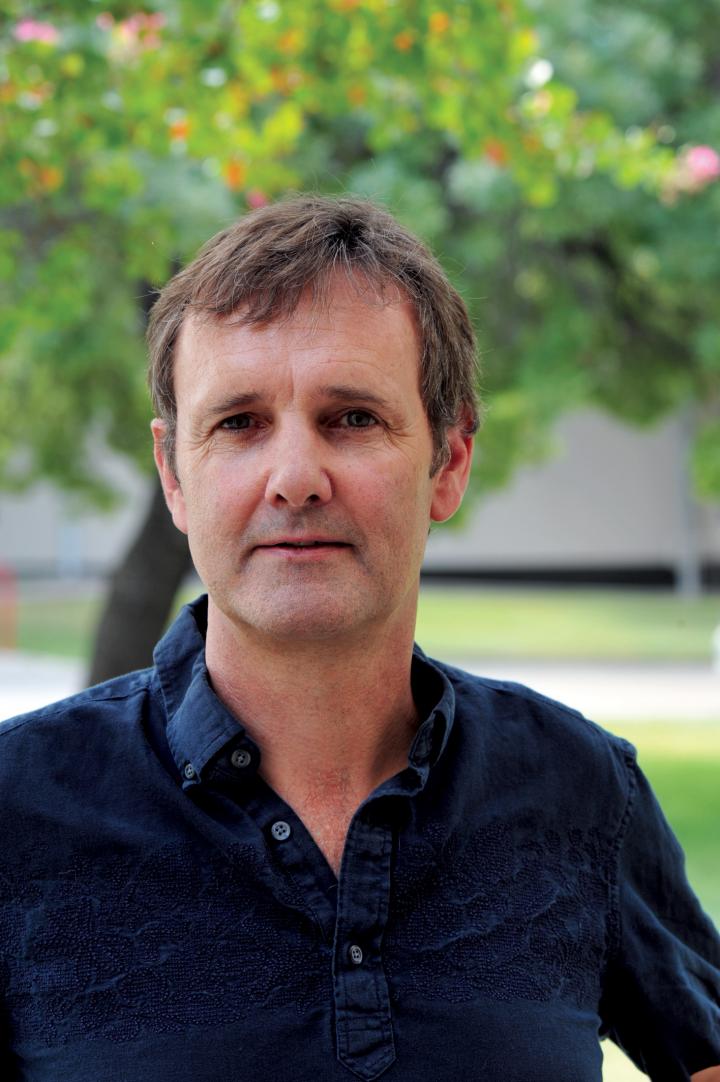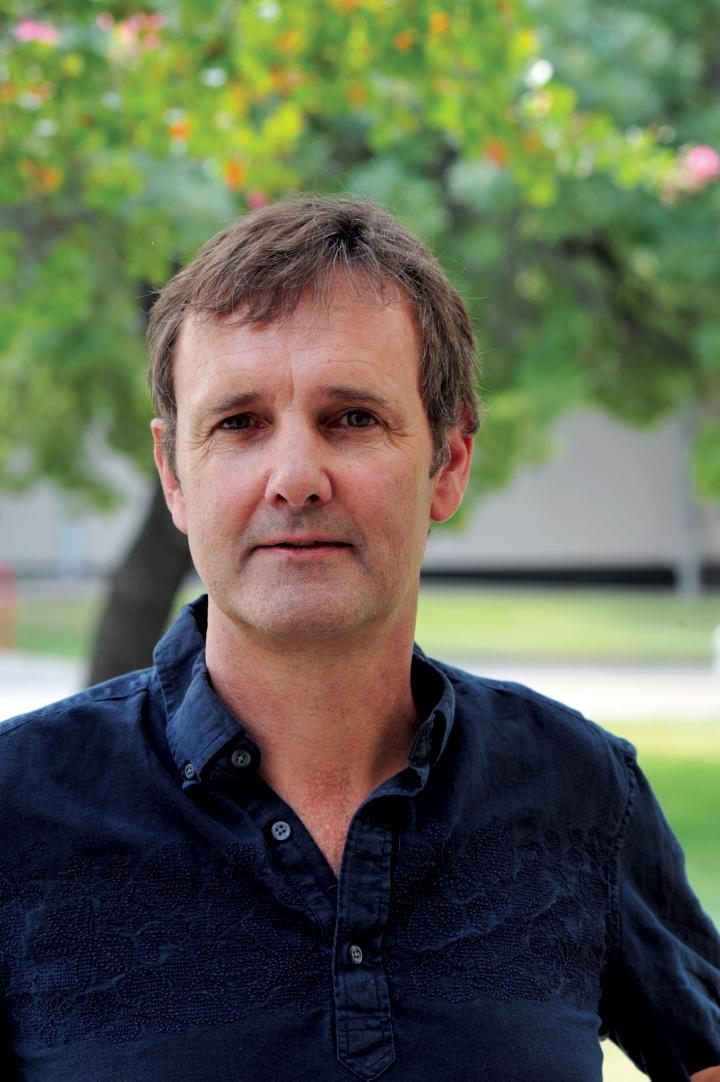
Credit: courtesy of Texas Biomed
San Antonio, Texas (Sept. 20, 2017) – Texas Biomedical Research Institute researchers, Dr. Tim Anderson and Dr. Ian Cheeseman, have partnered with researchers at the University of Notre Dame and the Center for Infectious Disease Research in Seattle to pursue studies in drug resistant malaria. The team, led by Dr. Michael Ferdig of Notre Dame, has received an $11.5 million program project grant to better understand how the genes of the Plasmodium falciparum malaria parasite control resistance to drugs.
Malaria, a protozoan parasite transmitted by mosquitoes, currently infects more than 200 million people worldwide, killing more than 400 thousand annually. While these numbers are still too high, enormous gains have been made, with numbers of malaria deaths dropping by 60% since 2000.
Much of the reason for this decrease is due to antimalarial drugs that treat malaria infections and control the spread of disease; however, drug resistance in the malaria parasite has been seen before and created challenges. And, scientists continue to see drug resistance rising, specifically to the primary drug used in current treatment protocols called artemisinin.
"Unfortunately, evolution of resistance to drug treatment complicates efforts to control malaria," Dr. Anderson said. "The aim of our team is to identify the parasite genes that underlie resistance, to determine how frequently resistance arises, to monitor the spread of resistance and then to use this information to help design treatment strategies that can prevent resistance from arising in the first place."
Researchers will use an innovative approach to creating the genetic crosses of the malaria parasite, utilizing a "humanized" mouse strain. This work, established by the research group at CIDR, genetically engineers a mouse with a liver consisting of more than 90 per cent human cells–for rapid and routine generation of large numbers of parasite progeny. The team previously reported on this in Nature Methods in 2015.
"Genetic crosses, in which we mate two parasites together and look at the characteristics of their offspring, have been an incredibly powerful tool to use with malaria parasites, but they are extremely difficult to do because they require use of a human or chimpanzee," explained Dr. Anderson. "The three crosses done in past 25 years resulted in identification of parasite genes underlying resistance to multiple malaria drugs and informed multiple areas of parasite biology. This new method is cheaper, utilizing mice rather than chimpanzees, thereby allowing us to set up bigger crosses and making our work more powerful."
Texas Biomed is supplying the genomics technologies for detailed characterization of parasites. Combining Texas Biomed's genomics and big data capacity, together with the CIDR team's novel mouse models and the expertise in integrated genetic analysis of malaria crosses of the Notre Dame team, creates a powerful collaboration for the study of the genetic basis for malaria drug resistance.
"We anticipate that this project will bring enormous advances in our understanding of drug resistance evolution and mechanisms, and important new resources to malaria researchers," Dr. Cheeseman said. "Ultimately, we believe this research will help us stay one step ahead of resistance and will enhance our capacity to eliminate malaria."
###
Research Funding
This Award is being issued from the NIH's National institute of Allergy and Infectious Diseases, grant number: 1P01AI127338-01A1.
Texas Biomed is one of the world's leading independent biomedical research institutions dedicated to advancing health worldwide through innovative biomedical research. Texas Biomed partners with hundreds of researchers and institutions around the world to develop vaccines and therapeutics against viral pathogens causing AIDS, hepatitis, herpes, hemorrhagic fevers and parasitic diseases responsible for malaria and schistosomiasis. The Institute also has programs in the genetics of cardiovascular disease, diabetes, obesity, psychiatric disorders and other diseases. For more information on Texas Biomed, go to http://www.TxBiomed.org.
Media Contact
Lisa Cruz
[email protected]
210-258-9437
@txbiomed
Home
Original Source





